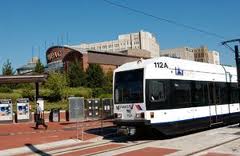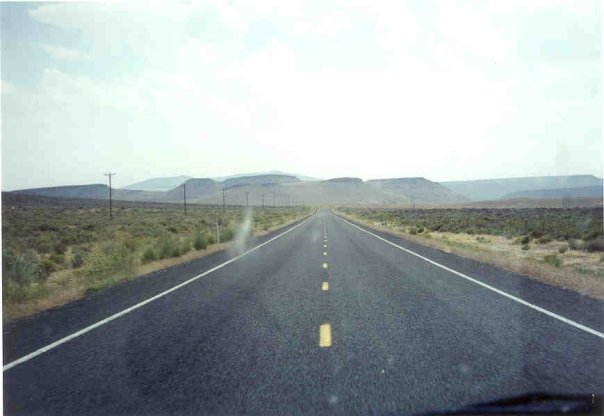New Jersey Future Blog
NJ Cities Dominate the Car-Free List – But for the Right Reasons?
January 21st, 2010 by Tim Evans
Streetsblog Capitol Hill takes a look at how to encourage less car ownership — and links to a Wikipedia page listing the cities with the greatest percentages of zero-car households. All of New Jersey’s cities of more than 100,000 population make the list: Newark and Jersey City appear in the #2 and #3 spots, respectively, behind only New York City, and Paterson and Elizabeth also make the top 25.
The primary purpose of the Streetsblog post is to examine the difficulty of building for zero-car households in cities that don’t start out with the same built-in advantages (thanks to having been built mostly before the age of the automobile) that NJ’s big cities do.
But the post also makes note of three factors that tend to characterize the cities with the most car-free households: age (i.e. how long ago the city experienced most of its growth), poverty (households too poor to own a car), and the presence of a large university (hence lots of students who walk or bike everywhere). New Jersey’s big cities all have the first two items in common, and Newark also hosts several universities. So which trait(s) can be credited for these cities’ high numbers of car-free households?
Just like with vehicle-miles traveled (VMT), vehicle ownership can be an indicator of more than one thing. In measuring progress toward better land-use practices that allow people to perform more of their daily activities without needing a car, we have to remember to follow up and make sure that decreasing car ownership is actually the result of more pedestrian- and transit-friendly development patterns and not simply due to an influx of poor people.
If fewer households are owning cars, we want it to be not because they can’t afford to but because they’ve made the rational decision that their built environment allows them the option of spending that money on something else. New Jersey’s cities do host more than their share of poor households, but they also have a head start in the design department, compared to their car-dependent suburbs. We should be looking for ways to build on those attributes, so as to encourage more households to choose not to own cars.
Related Posts
Tags: Indicators, Smart Growth, Transportation, Vehicle ownership

















